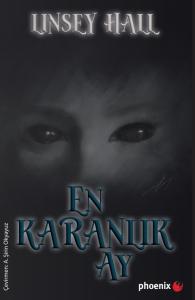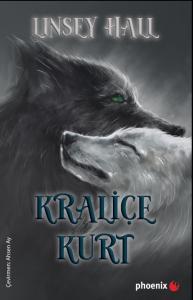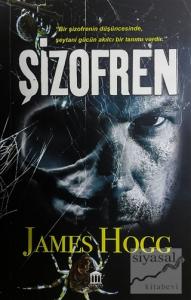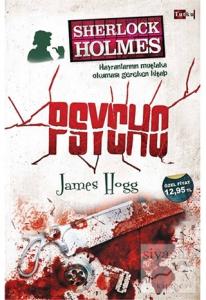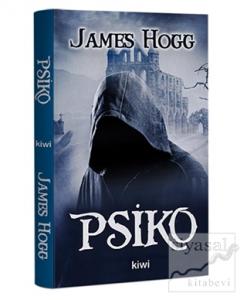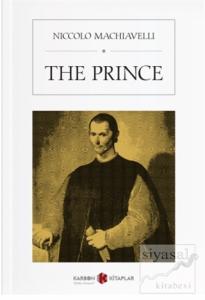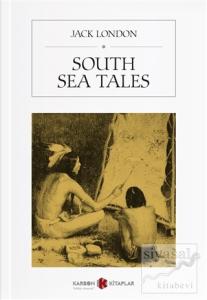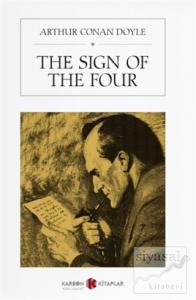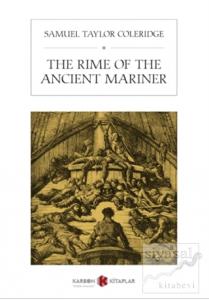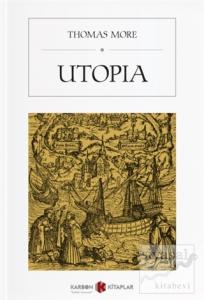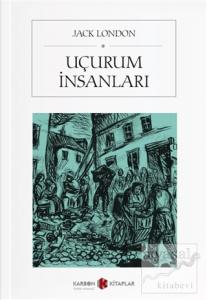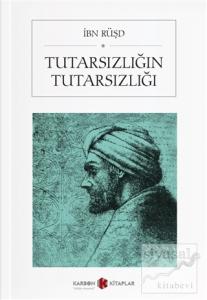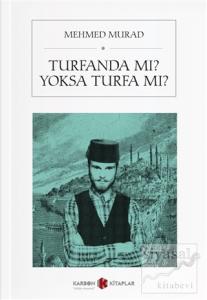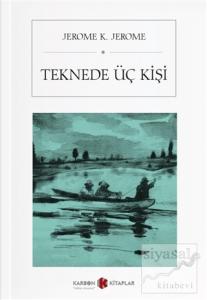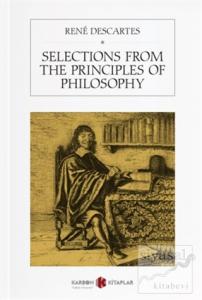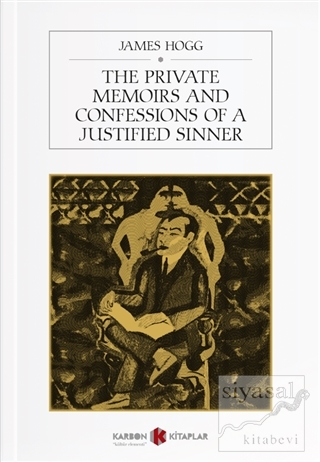
''Hogg was a self-educated Borders poet who published his novel anonymously in 1824 to predictably hostile reviews. Dismissed as an insult to religion, the book was largely forgotten until the late 1940s, when André Gide pronounced it a masterpiece.
Hogg was sensitive to the fractures of the human mind, and his book gave bloody birth to the psychological novel. It is also one of the earliest examples of the Doppelgänger in literature; without it there might have been no Dr Jekyll, no Norman Bates, no Strangers on a Train. And though the voice and location are quintessentially Scottish, they are echoed far beyond the land of RD Laing's divided self. Above all 'Justified Sinner' is a terrifying embodiment of religious zealotry, and has sombre present-day resonances.”
-The Independent
''Hogg was a self-educated Borders poet who published his novel anonymously in 1824 to predictably hostile reviews. Dismissed as an insult to religion, the book was largely forgotten until the late 1940s, when André Gide pronounced it a masterpiece.
Hogg was sensitive to the fractures of the human mind, and his book gave bloody birth to the psychological novel. It is also one of the earliest examples of the Doppelgänger in literature; without it there might have been no Dr Jekyll, no Norman Bates, no Strangers on a Train. And though the voice and location are quintessentially Scottish, they are echoed far beyond the land of RD Laing's divided self. Above all 'Justified Sinner' is a terrifying embodiment of religious zealotry, and has sombre present-day resonances.”
-The Independent







